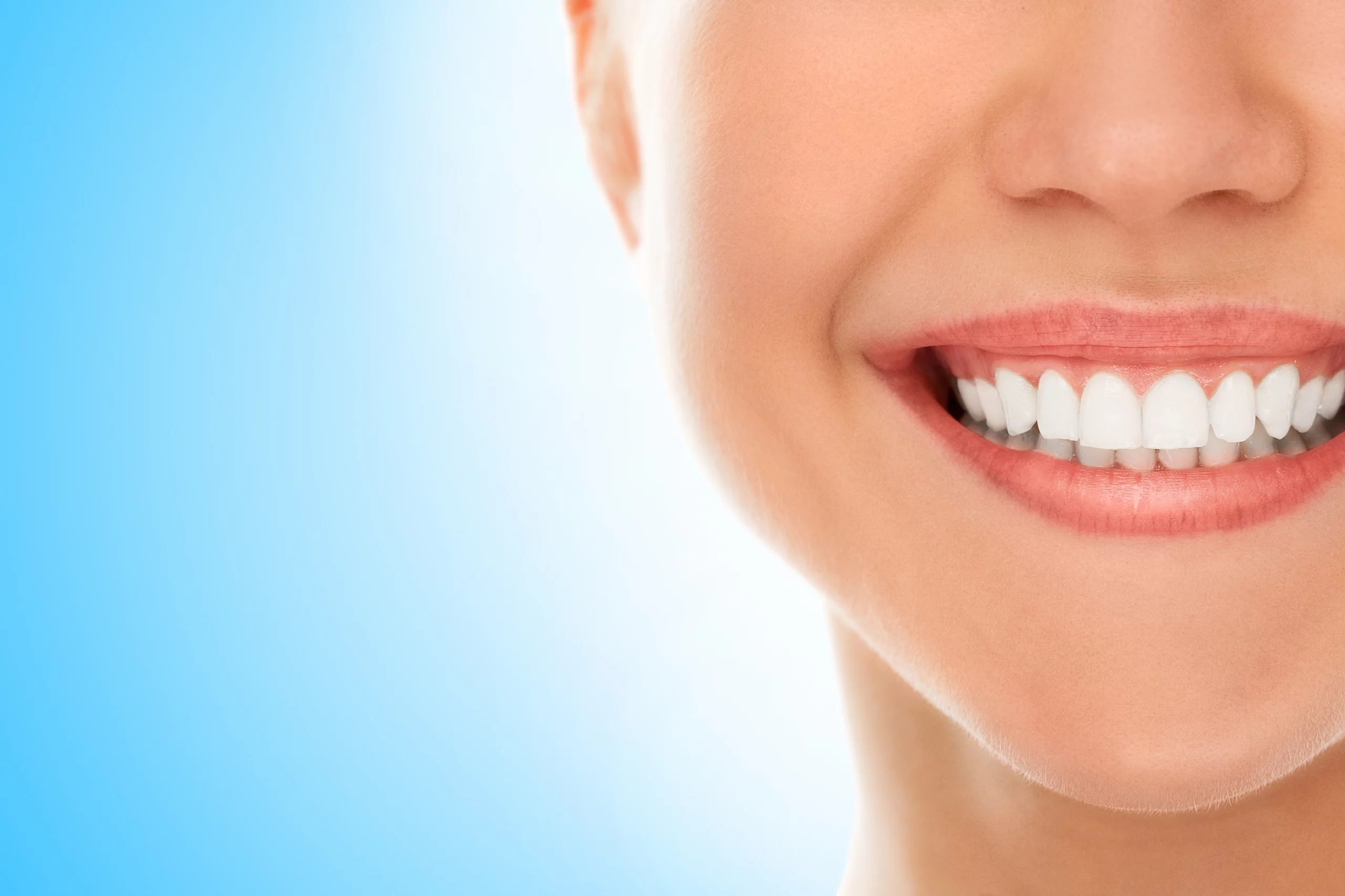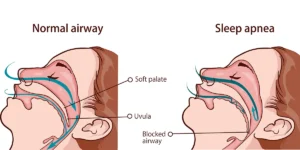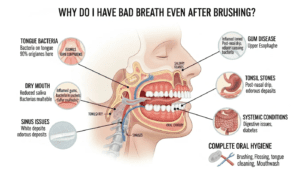A common question that is often posed to me, especially by my young to middle aged patients is whether my scaling or cleaning procedures will remove enamel from their teeth. I have responded to this query in a similar fashion so many times that I felt the need to jot it down.
When you get your teeth cleaned by a professional dentist (which you should do twice a year), considerable amount of tarter and plaque is removed. This would ordinarily not be possible even with optimal brushing techniques at home. While the droning sound of the drill may make you seem like you are in an aerodrome, this process will benefit you.
Soon after the process, when you run your tongue over newly cleaned surfaces of teeth, it may seem like a part of your tooth surface is removed. In reality, your newly cleaned tooth surface feels different because the previous unwanted deposits have been wiped off thus reducing a considerable bacterial load with it.
It may seem surprising but several symptomatic older patients who come to me have never had an oral prophylaxis before. It is natural for them to ask me if their teeth would become loose after the process and if so, why not just leave them alone?
My common reply is, when tarter accumulates to some extent around your teeth, it pushes your gums downwards and continues to build up on the root surfaces of the teeth. This in turn causes gum resorption and bone loss leading to a disease called periodontitis.
The symptoms of this may be bleeding gums or bad breath. If left unattended, the situation progresses to considerable loss of bone such that the teeth are held together by the firm calculus alone. The teeth falsely feel firm because the tarter is tightly stuck around the teeth. It is imperative to remove the offending tarter or calculus to arrest further progression of the disease.
When this happens with a professional cleaning or scaling, it is natural that the teeth feel loose. Though this may seem ironical, cleaning is essential to stop the disease that also reduces other symptoms like bad breath and bleeding gums (the reason why patients visit me in the first place).
It is for the same reason that patient may feel sensitivity soon after cleaning. However it is to be noted that this is usually transient till the gums grow back to health, at least partially. We simply have to get to the cause of the disease to prevent it.
Another frequently asked question though it may not be the first in the list of questions that patients may have is whether oral prophylaxis or scaling procedures will help whiten their teeth.
My retort is consistent.
Scaling along with polishing will only remove the plaque and calculus that have deposited over a period of time. The only change in colour that is perceived is due to the removal of yellowish plaque and some extrinsic stains due to caffeine, wine, smoking, etc.
If your teeth are naturally yellow it is because of the show through of the underlying dentin (below the enamel). You may also have stained teeth either due to other intrinsic factors.
Teeth whitening is a separate procedure wherein your discoloured teeth are carefully evaluated by your dentist and made brighter by bleaching. You may ask your doctor or simply wait for my next blog.
Dr. Vahini Reddy




